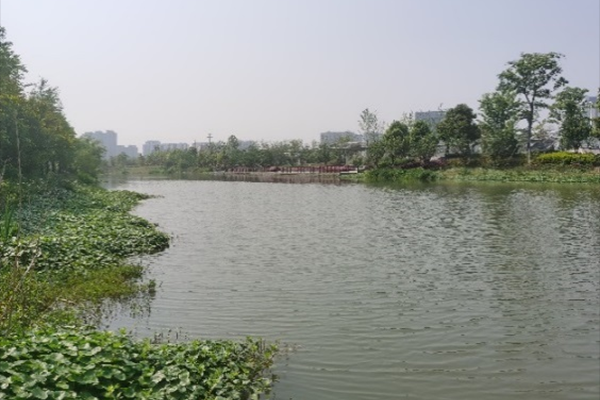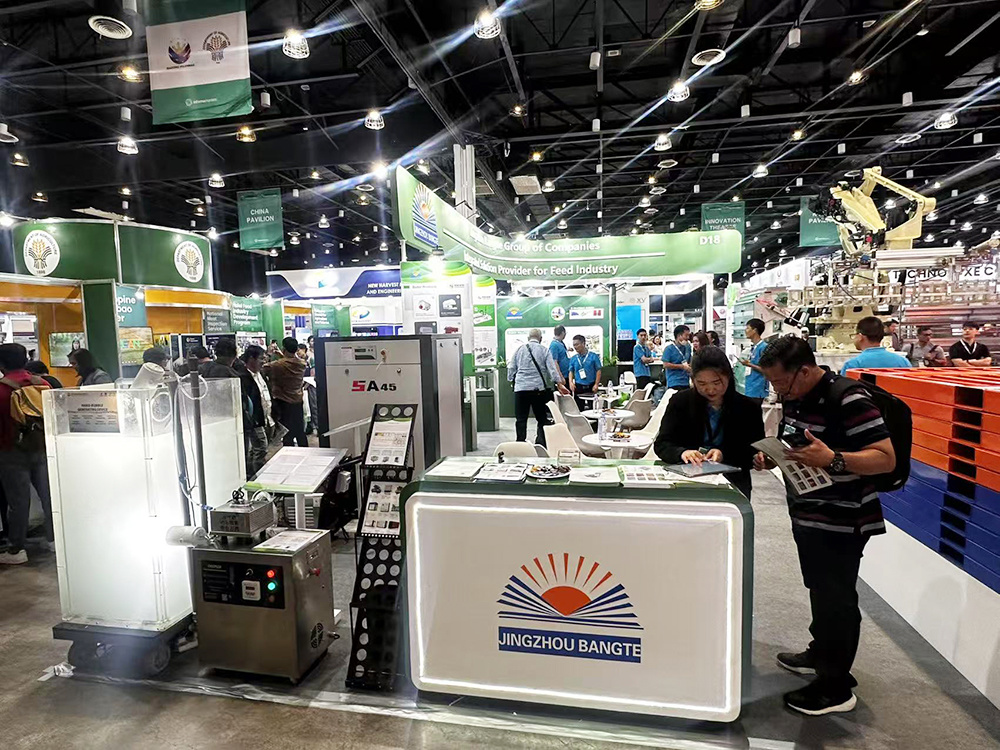Protecting water resources: exploring sustainable river management options
Water resources are one of the basic resources for the survival and development of human beings, and rivers are the main source of water resources and tools for their deployment. Therefore, river management plays an important role in protecting water resources. In this paper, we will explore how to explore sustainable river governance programs to achieve the purpose of protecting water resources.
First, the sustainability of river water resources needs to be emphasized. River governance should start from the perspective of sustainability and take measures that meet the requirements of ecological, economic and social development in order to realize the sustainable use of river water resources. The government can take policy measures to promote water conservation measures, carry out water use regulation, strengthen water environmental protection and encourage scientific utilization of water resources.
Secondly, it is necessary to focus on the balance between water resources protection and water ecology. Water ecology refers to the ecosystem in the river, including the water body, waterfront, living organisms and human living environment. In river management, it is necessary to focus on the protection of water ecosystems and the balance of water resources in rivers. The government can take measures such as restoring and protecting riverbanks, increasing vegetation, and protecting and restoring aquatic populations in order to improve the quality and stability of river water ecology.
Thirdly, attention needs to be paid to the management of pollutant discharges. River pollution is an important issue in the current river governance, and the discharge of river pollutants will have an adverse impact on river water resources, so it is necessary to pay attention to the governance of pollutants. The government can formulate strict discharge standards, strict discharge license management and discharge monitoring of polluting enterprises, strengthen the governance of pollutants and reduce the discharge of pollutants.
Fourth, it is necessary to improve public awareness of environmental protection. River management requires the common participation and efforts of the whole society, so it is necessary to raise public awareness of environmental protection. The government can carry out environmental publicity and education activities to raise public awareness of water resource protection, advocate public environmental protection actions, and guide the public to take more water conservation and environmental protection measures to realize the sustainable use of water resources.
Finally, regulation and assessment of river training need to be strengthened. The effectiveness of river governance needs to be verified through regulation and assessment to ensure the effectiveness and sustainability of governance measures. The government can establish a sound monitoring system and assessment mechanism for governance, and monitor and assess the effectiveness of governance through a variety of means





